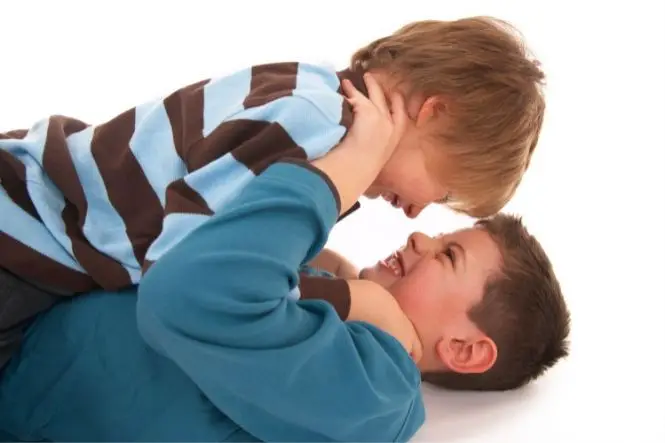One of the best ways to encourage good behaviour in children is to model good behaviour yourself. Often this is easier said than done, particularly in today’s fast paced world where there’s never enough time to do everything the best way possible. In the sprint to get through the day some things have to give, and for some people it’s good behaviour that gets tossed aside in favour of expediency.
To help you determine if you are a good role model for your children we have put together the following questionnaire. Simply answer each question, total your answers and match the numbers to the explanations at the end to find out if you model good behaviour on a regular basis.
“yes” to between zero and four questions
If you answered “yes” to between zero and four questions then you most likely do not model good behaviour for your children on a regular basis. It can be hard to switch between many different environments in a given day, each with a different standard of acceptable behaviour, but it is imperative that when you are around children you show them the behaviour you want to see from them. Not only does modelling good behaviour give children examples to draw on and mimic, but it allows children to understand that you do what you say. If you act differently than you tell them to act then all you teach them is when and how to get around the rules. Make it a priority to discuss good behaviour with your children, and don’t be afraid to partake in any sticker/star charts or other methods of tracking good behaviour in your household to show your kids your commitment to the issue.
“yes” to between five and eight questions
If you answered “yes” to between five and eight questions then you may model frequent good behaviour for your children. It’s likely that when you have the time and have made it a priority for the situation then you model exemplary behaviour. This is not enough to make up for the days or situations in which you are rushed and prefer to use whatever behaviour will get you through with the least frustration, though. Children are always observing adults and they see and hear things you won’t even know you did or said, so re-commit yourself to portraying the behaviour you want to see from your children, to working out your strengths and weaknesses, and the whole household should be better behaved in no time.
“yes” to nine or more questions
If you answered “yes” to nine or more questions then you most likely model consistent good behaviour for your children. You understand the importance of being an example to your children and matching your behaviour to the standard you set for them. It never hurts to take a look at your weaknesses though, so review any questions to which you answered “no” and make those behaviours a priority for the next few weeks. If you want to involve your children, make it a special goal to work on any given behaviour and devise an ultimate family prize for when you all exceed your expectations.



